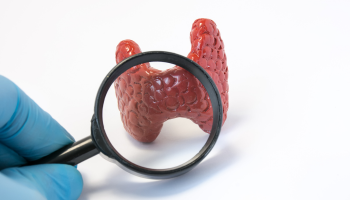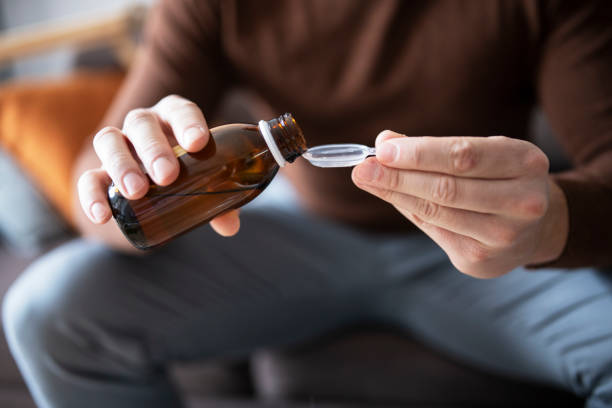
A growing number of women in their twenties are being diagnosed with hypothyroidism — a condition in which the thyroid gland fails to produce enough hormones, affecting metabolism, weight, mental health, and reproductive function. Often mistaken for burnout or PCOS alone, doctors say it’s time to pay closer attention to thyroid issues in younger age groups.
“It’s no longer just something we diagnose in older women,” says Dr Kavita Rao, consultant endocrinologist at a private hospital in Hyderabad. “Roughly one in every four women I see in their early to mid-twenties comes in either with a missed thyroid diagnosis or is unaware that their symptoms are linked to it.”
The thyroid, a butterfly-shaped gland in the neck, regulates many body functions through hormone release. When hormone levels dip, the effects show up gradually — tiredness, hair thinning, brain fog, irregular periods, dry skin, or stubborn weight gain. “These are symptoms that many women in their twenties are told to push through or blame on stress,” says Dr Rao. “Sometimes they are even dismissed as side effects of late nights or hormonal birth control.”
In many cases, thyroid dysfunction also overlaps with PCOS. “We regularly find women who have both — they have irregular cycles, acne, fatigue, and are trying everything from diet to skincare, without checking their thyroid,” she adds.
Left undiagnosed or untreated, hypothyroidism can affect ovulation and increase the risk of fertility issues and miscarriage. “Even a mildly underactive thyroid can throw off the body’s hormonal balance,” Dr Rao says. “I’ve seen young brides or working women face difficulties in conception only to realise much later that it was because of low thyroid function.”
She recommends thyroid screening (TSH, T3, T4) at least once between 20 and 30, especially if one has a family history, irregular periods, or unexplained fatigue or weight gain. “And not just once. Thyroid can be triggered later due to stress, pregnancy, or autoimmune causes.”
Treatment is straightforward — a daily thyroxine pill adjusted to individual needs. But Dr Rao warns against self-medicating or relying on YouTube-based ‘thyroid diet hacks’. “The idea is to personalise care. With medication, regular testing, and a stable routine, it’s very manageable.”
She also suggests basic lifestyle shifts: avoiding skipping breakfast, reducing screen exposure at night, getting enough sleep, and checking vitamin D and B12 levels. “It’s not about being obsessive,” she says. “It’s about tuning in to your body before a small hormonal imbalance starts affecting your whole life.”

.jpeg)



